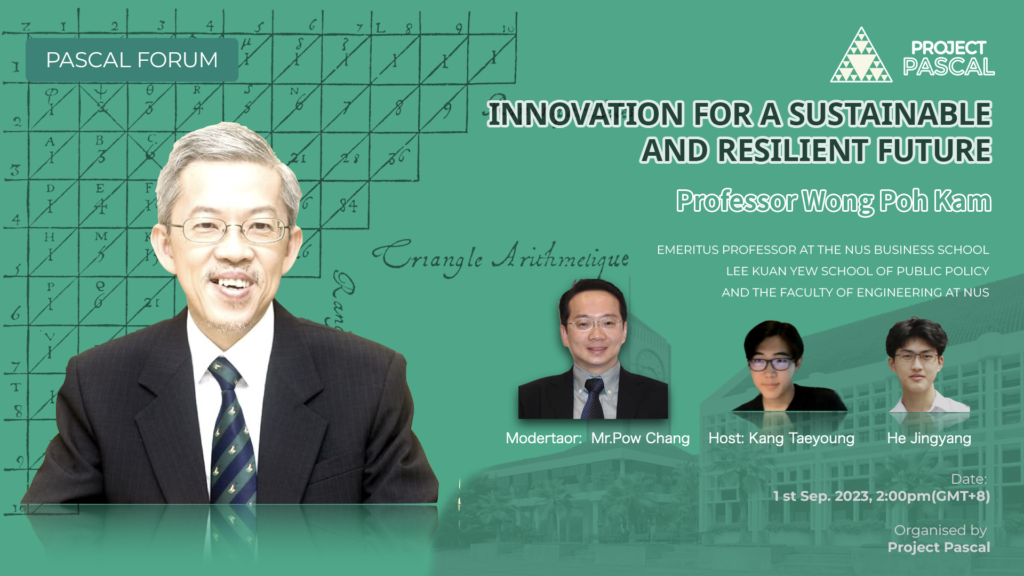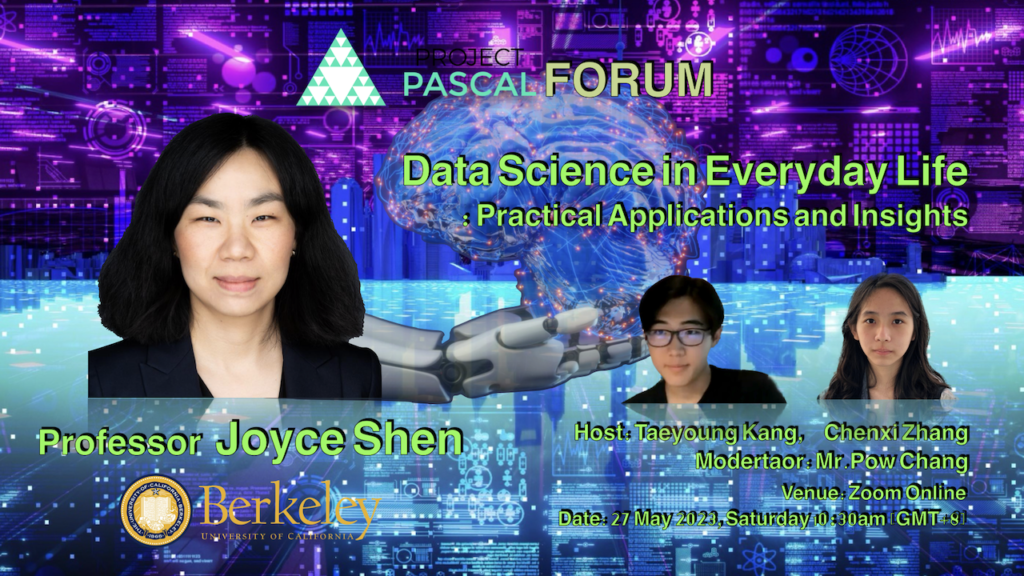“Truth is so obscure in these times, and falsehood so established, that, unless we love the truth, we cannot know it.”
– Blaise Pascal –
“Truth is so obscure in these times, and falsehood so established, that, unless we love the truth, we cannot know it.”
– Blaise Pascal –
As we gracefully open the curtains on the Pascal Forum, we embrace the dawn of a novel epoch. The chapters of this remarkable odyssey embark in the records of curiosity, creativity, tenacity, agility, authenticity, and integrity. The catalytic potency of ingenuity has not merely illuminated our trajectory but has ignited our hearts with a vision—a vision of a sustainable and resilient tomorrow, one that extends far beyond the confines of Southeast Asia to encompass the entirety of the Global South.
We embark on a journey of enlightenment, engaging in a discourse that delves profound into the tangible manifestations of data science and artificial intelligence in our everyday life. Explore the transformative potential of these technologies, their role in bridging the digital divide, and their ethical imperatives in an era of rapid change. We’ll also discuss the importance of education and mathematics as foundational elements in the world of AI. Together, we aim to shape a more inclusive and equitable future.

